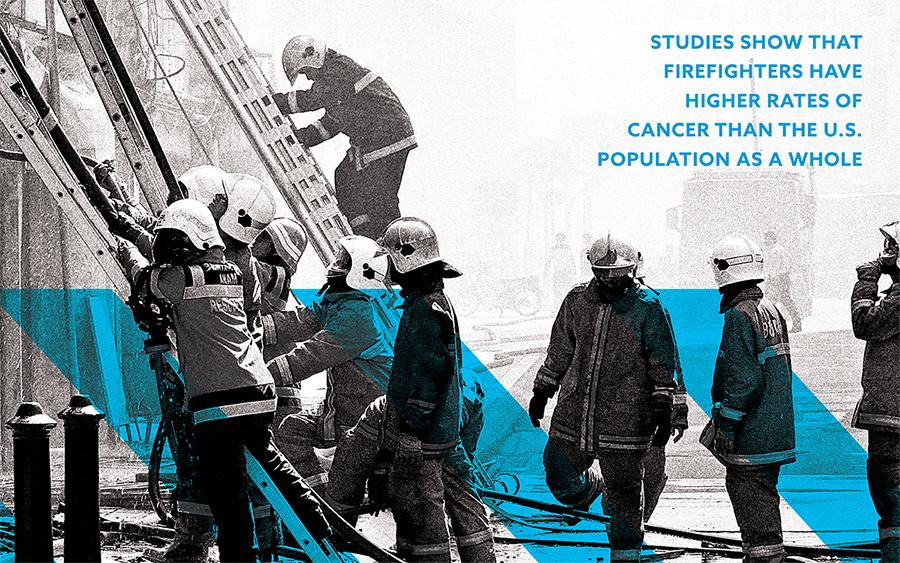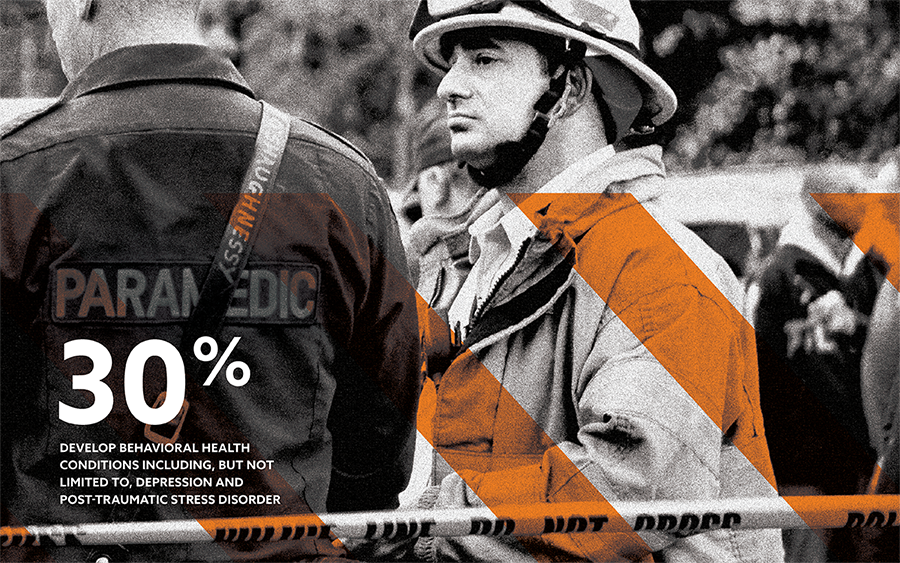The introduction and passage of legislation across the country impacting benefits for first responders continues to be a trend in 2019. These bills primarily focus on cancer presumptions, mental health coverage, the expansion of covered first responder personnel and benefits for eligible spouses. Here is a summary of the state bills addressing each of these areas. To read more detailed analysis for each state, read our article originally published in edge magazine, issue 12.

Cancer presumptions
Several states have passed bills that expanded cancer presumptions for first responders this year. Many trace the acceleration of this trend to the October 14, 2013 release of research by the National Institute for Occupational Safety and Health (NIOSH) that found higher rates of cancers, including mesothelioma, among firefighters than in the U.S. population as a whole. According to the researchers, these findings strengthened the scientific evidence for a relation between firefighting and cancer because it involved a larger population of firefighters than previous studies and the firefighters were followed for a longer period of time. States that recently passed bills expanding cancer presumptions include Montana, New Jersey, Texas and Virginia.
Montana
New Jersey
Texas
Virginia

Mental health coverage
First responders by the nature of their jobs are faced with traumatic and stressful events beyond what the general public typically experiences. According to a May 2018 Supplemental Research Bulletin by the U.S. Substance Abuse and Mental Health Services Administration (SAMHSA) focused on mental health and substance use concerns in first responders, approximately 30% develop behavioral health conditions including, but not limited to, depression and post-traumatic stress disorder (PTSD). Connecticut, Florida, Louisiana, Nevada, New Hampshire, New Mexico, Oregon and Texas were among the states to pass bills this year that will allow coverage for PTSD for first responders.
Connecticut
Florida
Louisiana
Nevada
New Hampshire
New Mexico
Oregon
Texas
Increased death benefits for survivors
Tragically, first responders sometimes die in service to their communities. This year, Alabama, Texas and West Virginia passed legislation to expand the death benefits paid to help the families of first responders replace the loss of income.
Alabama
Texas
West Virginia
The fiscal impact of these presumption bills for first responders on state, county and local government is usually difficult to forecast. A research brief published in November 2018 by the National Council on Compensation Insurance (NCCI) discusses the challenges to estimating the cost of first responder presumption bills and highlights key issues to be considered when such legislation is proposed.
Despite the unknown costs, the trend of introducing these bills is expected to continue. Some predict these extensions will inevitably extend to certain employees of private employers, such as nurses or EMT personnel.
If you have questions on workers’ compensation benefits for first responders or how to ensure your organization’s legislative compliance, please feel free to ask them in the comments section here, or join my fellow panelists and I as we share additional workers’ compensation, managed care, disability and absence trends and guidance during the 2019 DMEC Regional Compliance Webinars, taking place throughout the month of October. Registration links for each region are below:
> Click to read more from Sedgwick’s thought leaders at edge.sedgwick.com.